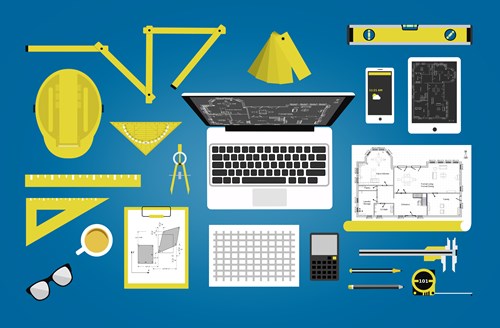Whether you're tracking personal or business expenses, receipts can quickly become unwieldy. If you aren't certain whether you're accurately tracking your expenses, you might want to invest in some new expense tracking tools. Your expenses are incredibly important -- if you're not tracking them correctly, you could be losing out on a big refund at the end of the year.

1. Smartphone Apps
There are dozens of smartphone apps available for both Android and iOS that can be used to quickly record cash and credit transactions. Smartphone apps are fantastic because they are always available; when you're paying for something, you're as likely to have your phone on you as your wallet.
2. Budget Management Sites
Budget management sites such as Mint.com connect to your bank accounts and credit cards to automatically track your expenses. Naturally, this can't track your expenses in cash -- you'll still need to manually enter those. But if you have a lot of debit card and credit card transactions, this will make tracking your budget much easier. Budget management sites also have some great additional features:
- Tracking your goals to make sure that you're on target. This can include everything from retirement goals to saving for your next trip.
- Sending emails and text messages when you exceed your budget. If you're trying to learn more about budgeting and planning, this will give you the information you need to make decisions.
- Giving you information about special promotions. Do you need to find a new credit card or even a mortgage loan? These sites often connect to third parties to give you information about products that could help.
3. Third-Party Wallets
Google, Apple, and PayPal all have third-party wallets that let you pay bills directly with your smartphone device. Some of them, such as PayPal, even offer their own debit cards. These third-party wallets collect to your other credit cards and bank accounts, so your financial information isn't exposed when making purchases. Third-party wallets will additionally create a complete log of your payments, in addition to keeping your personal information safe. If you want to consolidate your payments despite using multiple accounts, this is an excellent way to do so.
4. Envelope Systems
Sometimes it isn't just tracking your expenses that's difficult -- it's also controlling your spending. The envelope system involves placing a certain amount of cash into a series of envelopes. These envelopes are labeled for each type of expense. As you spend the money, you can take notes on the outside of the envelope. This system works well because it gives you a visual aid for exactly how much you're spending and how much money you have left to spend.
5. Spreadsheet Tools
If you want a more advanced and direct way to track your expenses, a spreadsheet is usually the best option. Spreadsheets don't require the purchase of software -- there are open source, freeware spreadsheet programs available. One of the most commonly used is OpenOffice, which is also an app for most smartphones. With a little training, a spreadsheet will give you an easy way to track and add up all of your expenses.
Tracking your expenses is the first step towards taking control of your financial situation. Once your expenses are appropriately tracked, you'll be able to create more accurate tax returns and manage your own spending better. At the end of the year, you can turn over the above expense sheets directly to your accountant and bookkeeper -- thereby making the process of compiling your tax information faster and easier.